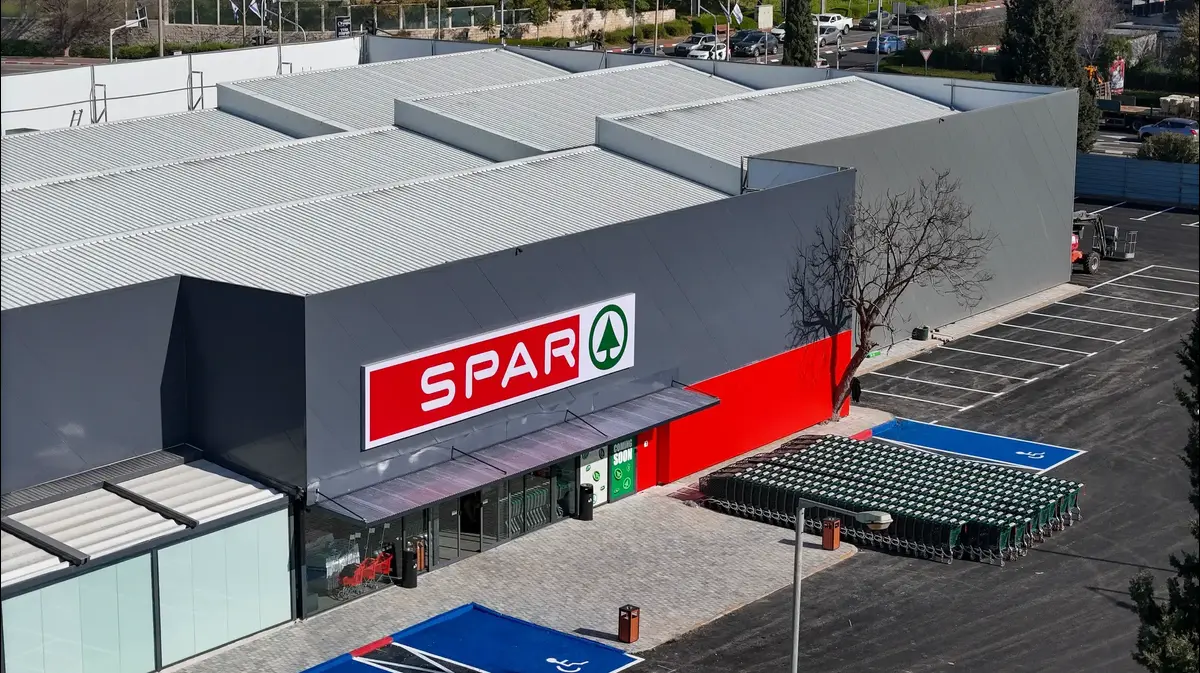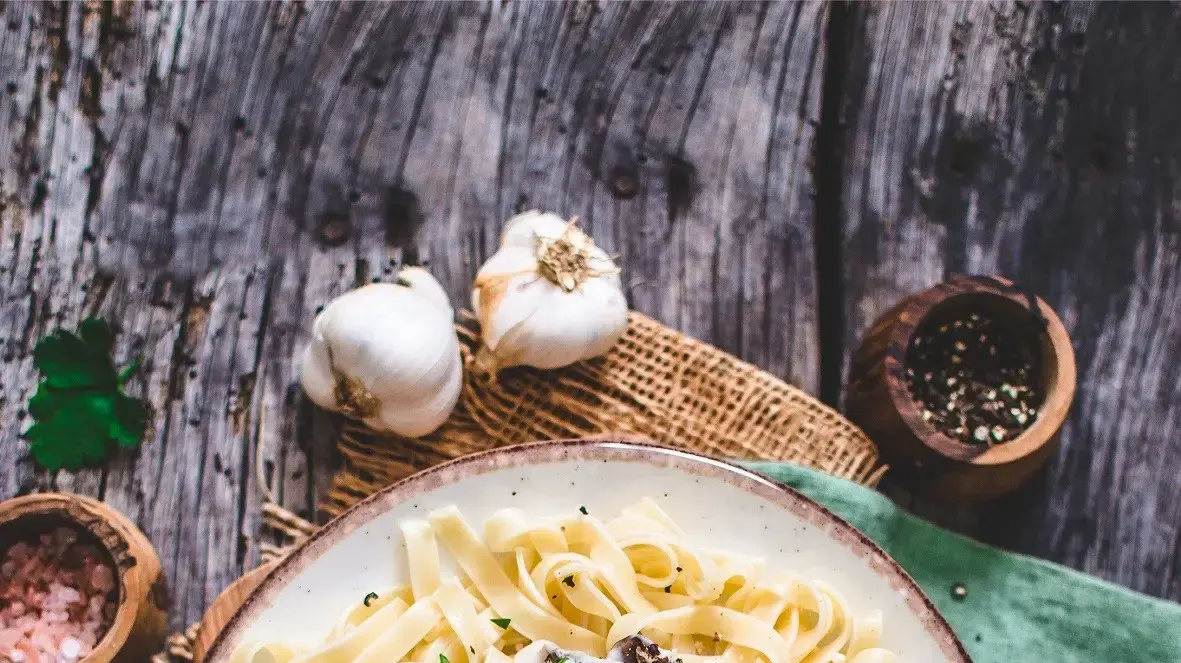Strauss enters deli and butcher shop with a new boutique brand
Strauss marks the specialty retail market, such as neighborhood bakeries, butchers and delicacies • The first step: launching a higher-priced premium salad brand under the name Delicates
Strauss wants to bite the delicatessen market: Globes has learned that Israel's second-largest food company is entering the specialty retail market for the first time through a new premium brand that will be branded with a higher percentage of mainstream ingredients.
Strauss Israel, headed by Eyal Dror, marks a new target for its sales growth - the specialized retail market, including delicatessens, butchers, and neighborhood bakeries, alongside minimarkets and containers, where consumers are less sensitive to price.
As far as is known, this strategic entry will take place in several arenas, the first being the launch of a new salad and boutique brand under the name Delicates. Strauss, who leads the chilled salad market through the "Ahla" brand, has been conducting research for a long period of time to try to understand in depth the gap that exists in the industry regarding market growth.
The study sought to understand how one of the chilled salads, such as chickpeas, tahini or eggplant, may be perceived as a category that is growing in the world and complies with consumer trends that exist in Israel as well; On the other hand, the data reflected by the largest food research company in Israel - Storncast - shows it as stagnant or as even experiencing burnout (with a decrease of about 1 percent over the past three years). It turns out that the answer to this lies in the question of where consumers are doing their shopping, as the stores specializing in Sturnext do not sample to the same extent.
Different buying nature
In the past, there were those who attributed these stalemates and declines to the "recall" procedures - initiated returns - of media-reported products, creating a negative echo around concerns about the presence of Salmonella or Listeria in the product. However, Strauss's research has shown that consumers continue to increase their salads consumption, but they do not necessarily do so in large supermarket chains, but tend to do grocery shopping and neighborhood stores, in addition to key shopping chains.
Strauss's opportunity for penetration into specialized stores not only lies in the potential for increased sales by entering more points of sale, but also concerns the nature of shopping in these stores. Contrary to the purchase of large food chains, which are usually designed and priced and promotional, in specialized consumer stores are less price sensitive.
The new products will be branded separately from "Wish", and their packaging will be more similar to the salads sold in the deli to be perceived as "more homely". In addition, special recipes have been developed for the new brand, which include a higher percentage of the main raw material on which they are based. Also, the packaging will be smaller, and the price is higher.
How tall? One cup will be sold to the retailer for a price ranging from NIS 5.50 to NIS 7.70 for packaging smaller in size than those sold under the "Ahla" brand, which will move between 250 grams and 400 grams. That is, in practice, the products will be priced at a higher price that will also embody the profit of the store. This compares with the consumer price of a 650 g chickpea, sold on retail chains in the range of NIS 6-11 per unit.
Today, Strauss markets "Ahla" salads in more than 10,000 retail outlets nationwide. Penetrating into specialized stores will allow it sales potential for an additional 4,200 stores. According to industry estimates, the specialized store market has grown tremendously - in the last three years (2016 - 2019) the number of stores has grown by an average of 20%.
Another strategy
The current move involves quite a bit of logistical complexity - both by converting the lines at the company's plant in Carmiel and by adjusting the food company's distribution system to reach the points that it would not have reached in the past. The move may require investment in development and production from the company, but if successful, Strauss may also maintain its profitability in the category despite the increase in raw materials, and may even improve it.
By the way, unlike the competing food companies in Strauss, which for the past year and a half have been opting for their products, claims that inputs have increased, Strauss seems to be choosing a different strategy for now. Instead of priceing an existing product, the company is developing alternatives that appeal to new audiences, enabling it to maintain profitability without sacrificing its existing products. If the current move is successful, it can be estimated that Strauss will expand its penetration into stores that specialize in additional categories it produces.
Since 2016 Strauss has been leading the salad categories in Israel. As of 2019, the company holds a market share of 39% of sales, ahead of Stornecast data. The second-largest player is a barn with a market share of about 31%, followed by dill salads (which recently acquired Mickey Salads that collapsed), which holds a 9% share in the past year. The private label share of sales was about 5% in 2019. In the same year, sales in the category amounted to NIS 629 million.









